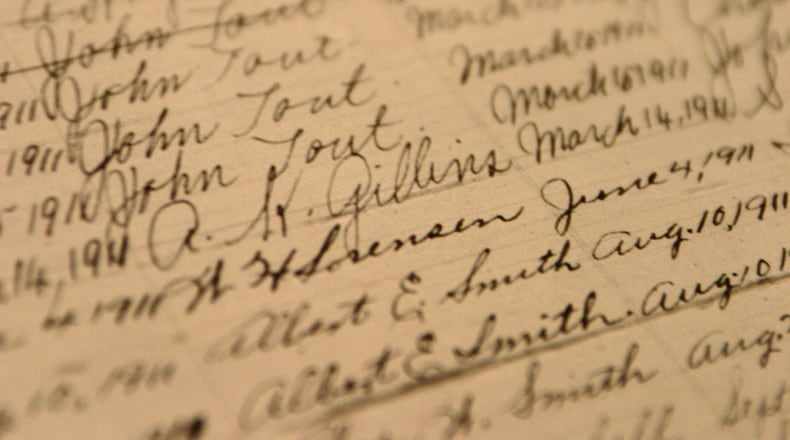A new book by Patrick H. Garrow brings to light a little-known fact of the Civil War.
Its title says it all: “Changing Sides, Union Prisoners of War Who Joined the Confederate Army.” This thoroughly scholarly work delves into a forgotten story. I had heard that some Confederate soldiers joined Union forces toward the end of the war. Turns out, in addition to “galvanized Yankees,” the term used to describe Confederate prisoners of war who swore allegiance to the United States after capture, there were “galvanized Rebels.”
Garrow’s research led him to many specific recruitment efforts in Confederate prisons, like in Florence, South Carolina. According to the book, many of these recruits included “deserters, thugs, bounty jumpers, and other unsavory types. " He found that 340 Union prisoners at Camp Lawton in Georgia changed sides. The chapters “Recruitment” and “After the War” cover some specific case studies of what happened to some of those men. This book is well worth reading for those deep into Civil War history. It is available from the University of Tennessee Press at utpress.org.
Civil War brick walls
The book referred to above brings to mind other anomalies of the Civil War that make your genealogy research harder. If an ancestor of age to fight in the Civil War (1861-1865) cannot be documented as being in the military, why not? In “1864 Census for Re-Organizing the Georgia Militia,” (Genealogical Publishing Company, 2000) by Nancy Cornell, there’s a list of men who remained at home because they were either too old, too young, or had deferrable occupations, like newspaper publisher. Some men are said to have snuck off to South Georgia and hidden in the swamps. Others may have used the war to break from their previous lives and create new identities, as implied in the book and movie “Cold Mountain.” At any rate, it’s always worth figuring out what might have happened. You may add some new flavor to your family tree. Pensions are also an important source of information on an ancestor’s military career.
Nancy Cornell dies
Nancy Jones Cornell, the prolific author mentioned above, died January 22. Cornell’s 18 books explored the history of Fairburn and Campbell County, Georgia. She also worked with the Old Campbell County Historical Society. She will be missed.
Contact Kenneth H. Thomas Jr., P.O. Box 901, Decatur, Ga., 30031 or kenthomasongenealogy.com.
About the Author
Keep Reading
The Latest
Featured


